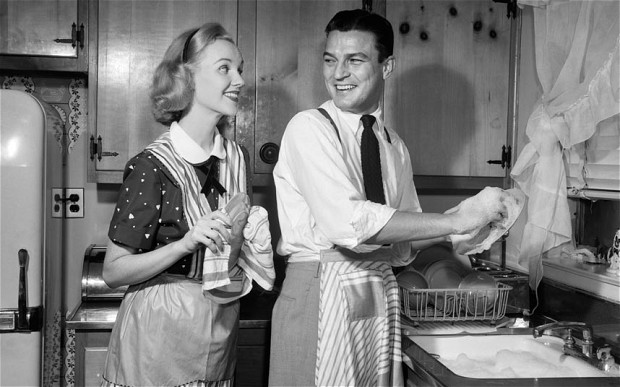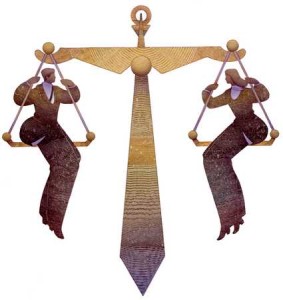Does Contraception have a place in Christian Relief Work?
Posted: 17 November 2014
 I was recently invited to tour a new medical ship run by the international Christian relief organisation Youth With a Mission (YWAM). This particular ship, destined for work in Papua New Guinea (PNG), is larger and newer than their current vessel, and it will allow YWAM to increase their medical assistance by 500%, offering healthcare immunisations and training to 1.3 million people, a quarter of the nation’s population. The ship will offer basic but vital services which many of the poorest people of PNG would have little hope of accessing otherwise, such as optical and dental treatment, pregnancy assistance, as well as medications to fight malaria and tuberculosis. There was no doubt in the presentation and ensuing discussion that the work being undertaken was of immense value, truly taking up the most basic Christian tenant to offer help to those in need.
I was recently invited to tour a new medical ship run by the international Christian relief organisation Youth With a Mission (YWAM). This particular ship, destined for work in Papua New Guinea (PNG), is larger and newer than their current vessel, and it will allow YWAM to increase their medical assistance by 500%, offering healthcare immunisations and training to 1.3 million people, a quarter of the nation’s population. The ship will offer basic but vital services which many of the poorest people of PNG would have little hope of accessing otherwise, such as optical and dental treatment, pregnancy assistance, as well as medications to fight malaria and tuberculosis. There was no doubt in the presentation and ensuing discussion that the work being undertaken was of immense value, truly taking up the most basic Christian tenant to offer help to those in need.
The ship is currently moving up and down the east coast of Australia raising awareness and seeking young people as medical and general volunteers. The reason I was invited aboard was to help them create an awareness of the work amongst young Catholics, especially those who might look to give a few months to volunteering. As the discussions developed I knew there was one question that needed to be asked, and that was their policy on abortion and contraception. While I was relieved to learn that as a Christian organisation they did not carry out abortions, they did distribute the contraceptive pill and the Depo-Provera injection which is designed to prevent pregnancy for three months at a time. Their reasoning for distributing contraceptives was because they operate within the medical policy of the nation in which they serve and contraceptives are part of the ‘health’ strategy of PNG. Their response was not a real surprise and they are certainly not the only Christian relief agency travelling this path (even World Vision is the same). Contraceptives now form a large part of the medical response in developing nations and that is often because it is tied to much needed relief dollars from wealthier nations such as Australia and the USA. Read the rest of this entry »







